
SOCIAL JUSTICE BLOG
Read and share extraordinary stories from the frontlines of social change
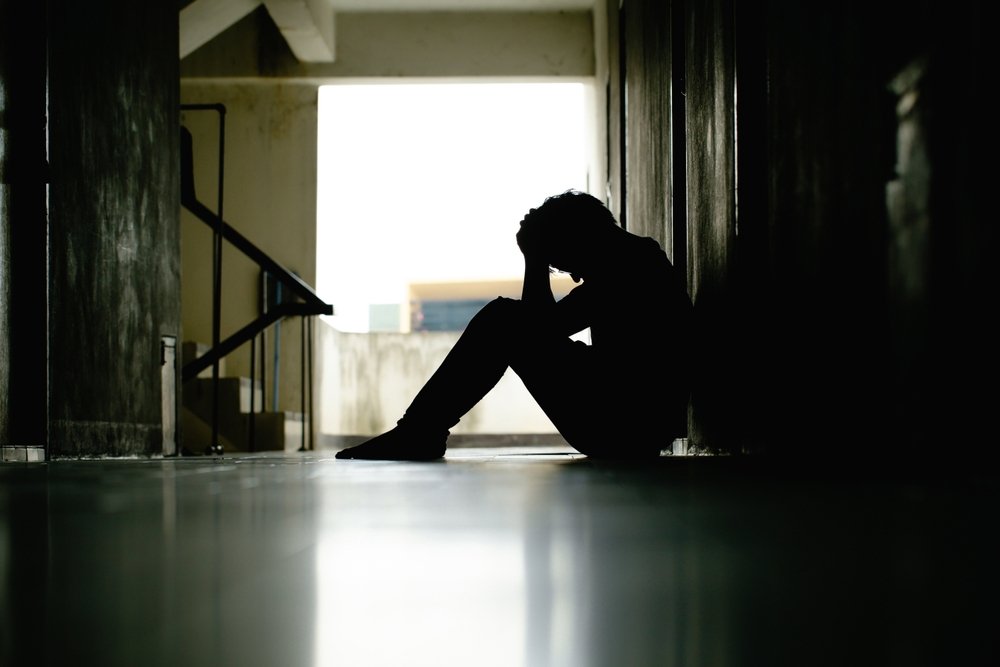
Class Action Protects Maine Foster Youth from Dangerous Risks of Psychotropics
Psychotropics can be a meaningful and effective treatment for children with mental health conditions when administered appropriately, but administering them without informed consent, proper oversight, or review can lead to serious, and sometimes life-threatening, consequences. The reforms achieved in the settlement in Bryan C. v. Lambrew are paramount for protecting foster youth. The work of Children’s Rights has ensured that children just like Bryan C. are free of unnecessary and harmful prescriptions and that their voices are heard.
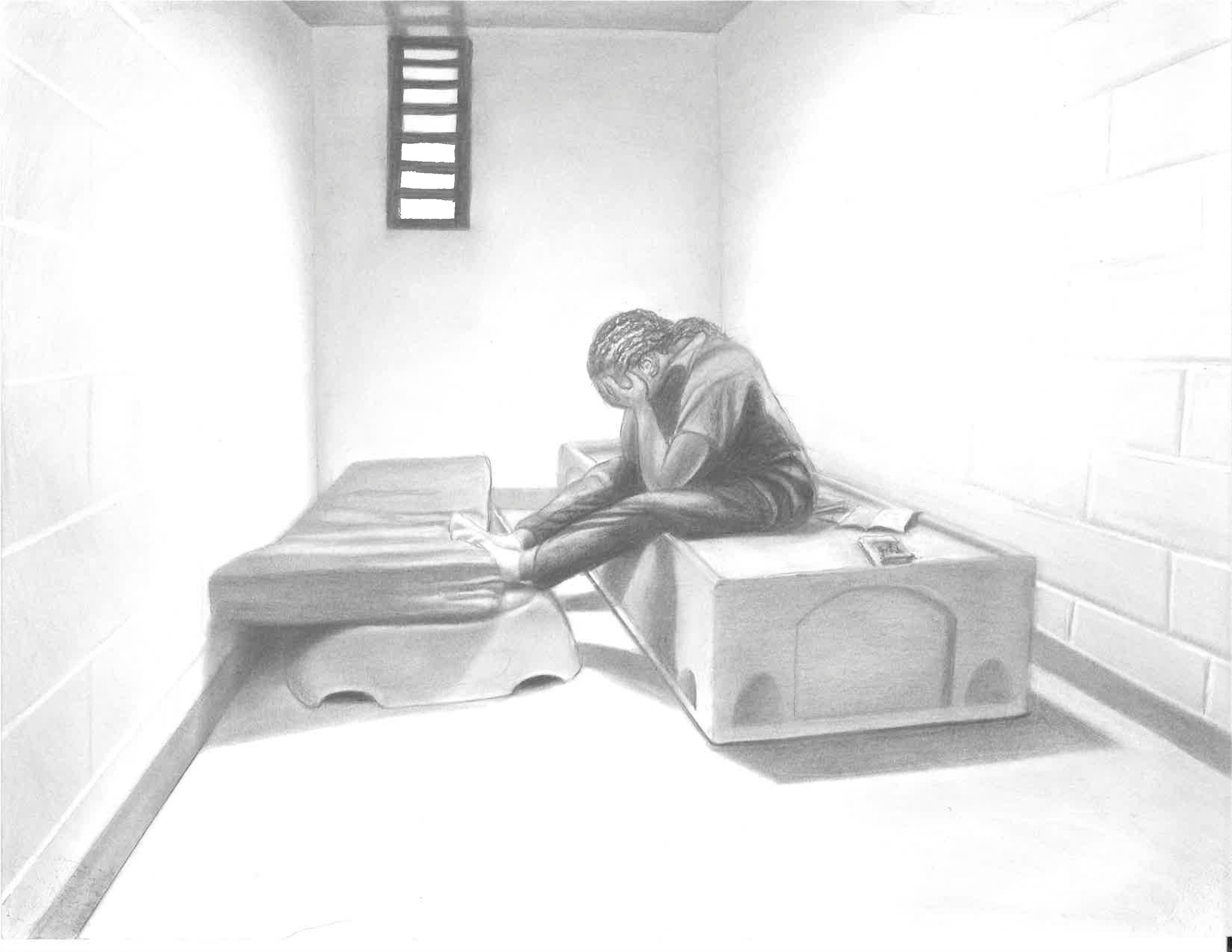
The Highs and Lows of Mental Health Care Class Action Litigation in Illinois Prisons
While some progress was made, Illinois Department of Corrections never came close to meeting the requirements of the settlement. It did not have enough staff. Too many people with mental illnesses remained in solitary, no meaningful treatment was provided to people on crisis watch, and it was never able to consistently provide the required out-of-cell time (among other failings). As the residential treatment units began to fill up, correctional treatment officers were no longer part of the mental health team. Many new supervisors, who were transferred from traditional maximum-security prisons, brought their punishment-based culture with them..

Learning About Your Rights Shouldn’t Be Frustrating: Access to Justice and Class Action Lawsuits
The Notice Project embodies our dedication to advancing social justice by addressing the problem of class notices that frustrate readers. By helping lawyers draft class notices that better inform and catch the eye of class members, we can make it easier for people to understand their legal rights, participate in class action lawsuits, and receive the benefits they deserve.
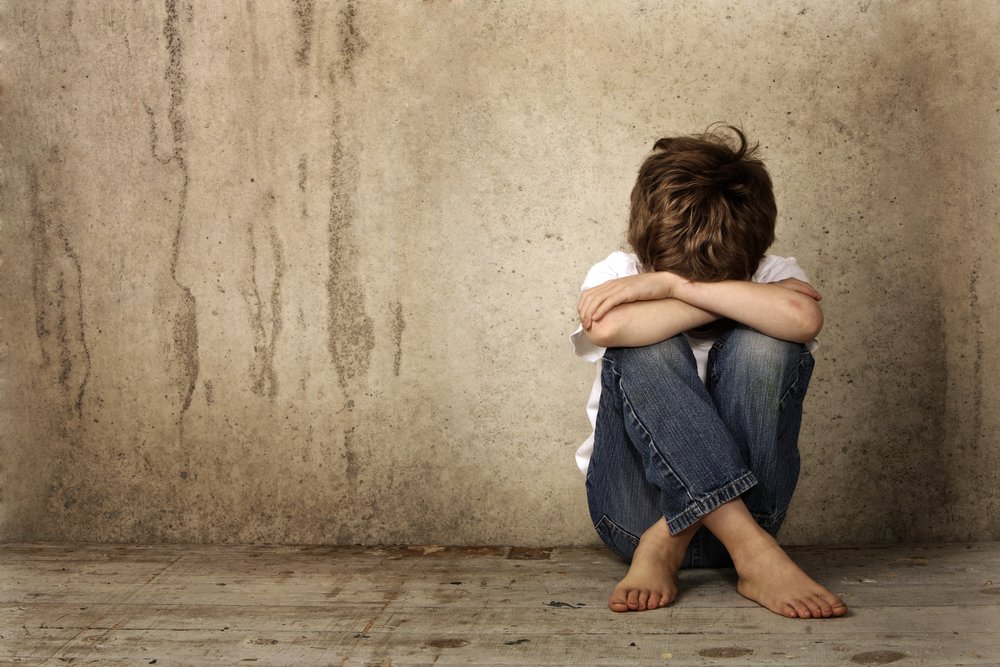
Class Action Advances the Welfare of 6,000 Foster Children in West Virginia
The West Virginia child welfare agency that was supposed to protect foster child, Jonathan, has failed. Last month, in a huge step forward, the case was certified as a class action, meaning that the case is now proceeding not only on behalf of Jonathan, but on behalf of all children in foster care in West Virginia. The children’s lawyers now have the opportunity to prove that children in the West Virginia foster care system are being subjected to an “unreasonable risk of harm,” which the state is constitutionally barred from inflicting on children.
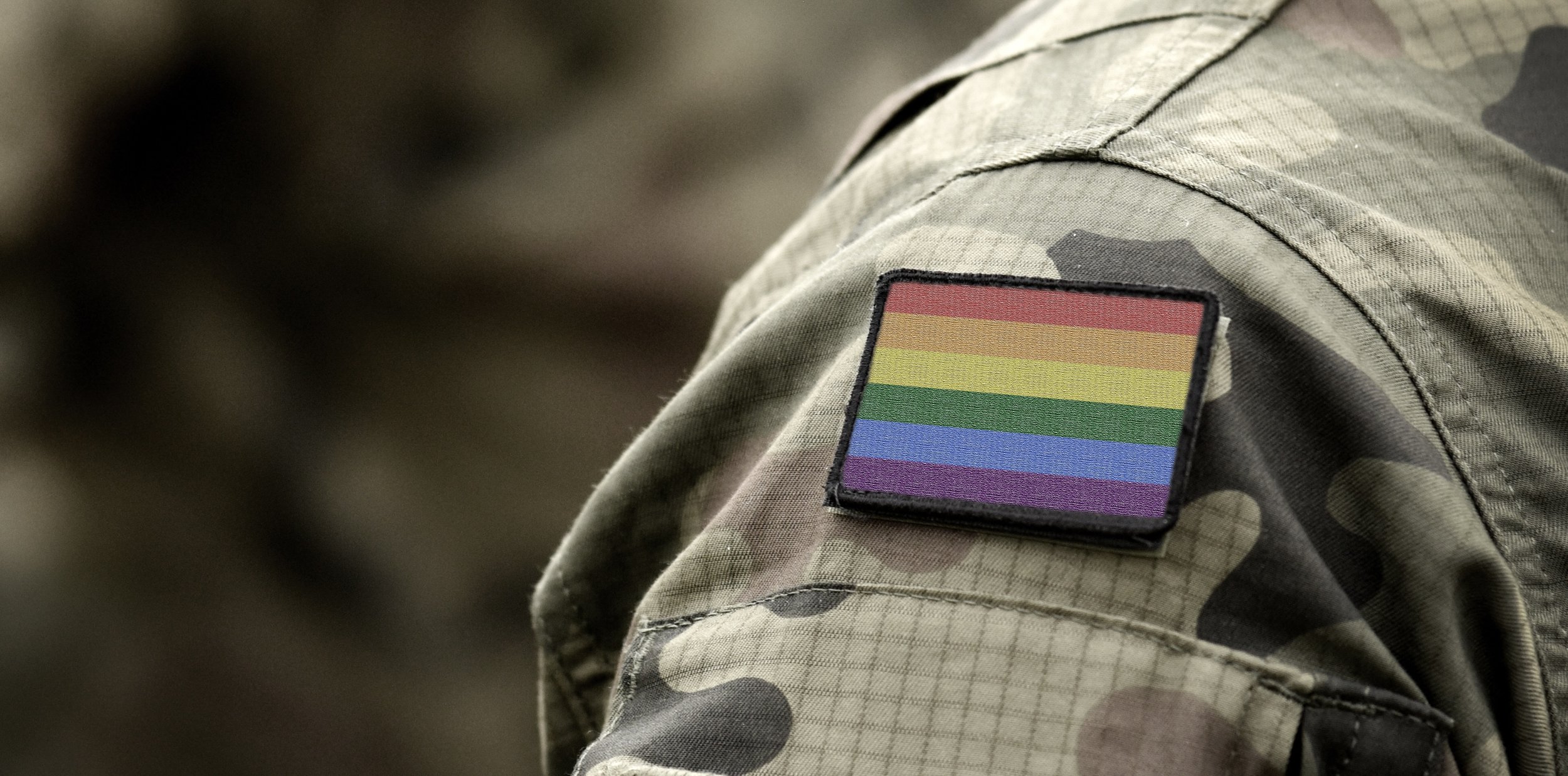
Impact Fund & Allies File Class Action Seeking Justice for LGBTQ+ Veterans
Discharge paperwork has significant long-term effects on the lives of veterans. A veteran’s DD-214 serves as their primary record of service. For these LGBTQ+ veterans, proving their military service – for instance, in applying to jobs or applying for veterans’ benefits – effectively amounts to “outing” their sexual orientation. Veterans who received discharges characterized as something other than “Honorable” are also barred from accessing many of the critical benefits available only to veterans with Honorable discharges. This includes healthcare through the Department of Veterans’ Affairs, funding for higher education, home loan financing, job benefits, and more.

Rather Than Sitting Silently, These Heroes Raised Their Voices To Fight For Better Health Care In West Virginia Jails
John, Earl, Joshua, Heather, and Donna all experienced significant barriers when trying to access the medical or mental health treatment they required while incarcerated in West Virginia’s regional jails. Rather than sitting silently and enduring this poor medical care, they raised their voices to fight for better care for themselves and everyone in the jails. Their words, like their commitment in this case, reflect the passion they have brought to this work from day one.

Class Action Heroes Take Courageous Stand For Economic Justice and Human Rights
Against the backdrop of a national public health and economic crisis, Congress passed the CARES Act, providing a stimulus payment of up to $1,200 for eligible individuals. Despite the clear statutory language, and the fact that incarcerated people disproportionately come from communities suffering from the greatest levels of poverty, the IRS invented an additional restriction excluding any incarcerated person from eligibility notwithstanding the predictable dire impacts on incarcerated people and their families. Plaintiffs Colin Scholl and Lisa Strawn courageously came forward to challenge those restrictions in a lawsuit resulting in one of the largest recoveries for an intentionally excluded economic class.
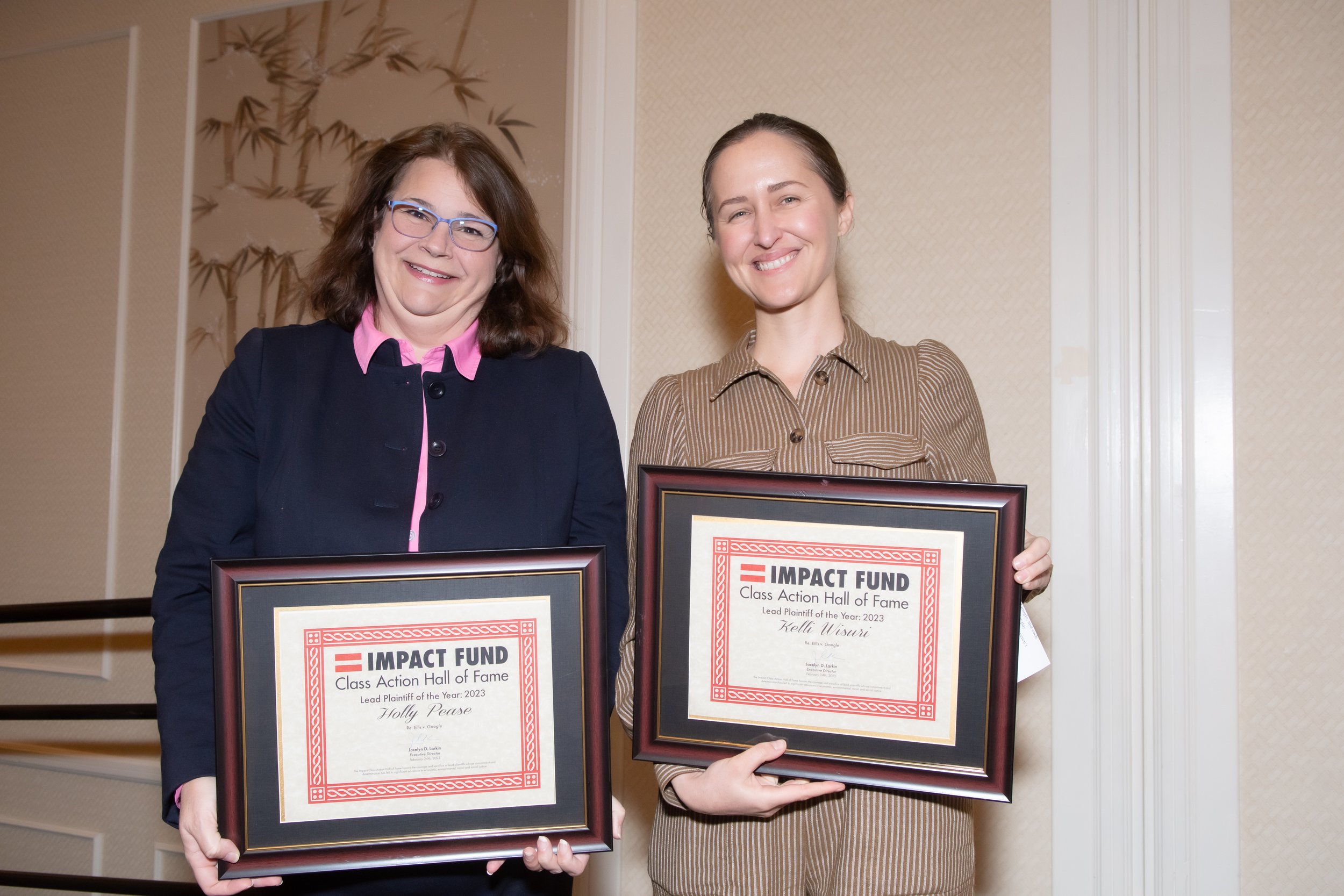
Google Employees Champion Equal Pay, Challenge Gender-Based Discrimination On Behalf Of 17,000 Class Members
Kelly, Heidi, Holly, and Kelli championed the claims of approximately 17,000 class members alleging that Google was paying women less than men performing substantially similar work and assigning women to lower salary levels than men with similar qualifications and experience. All four named plaintiffs took the risk that they would be blackballed in the tech field by putting their names on the publicly filed docket.
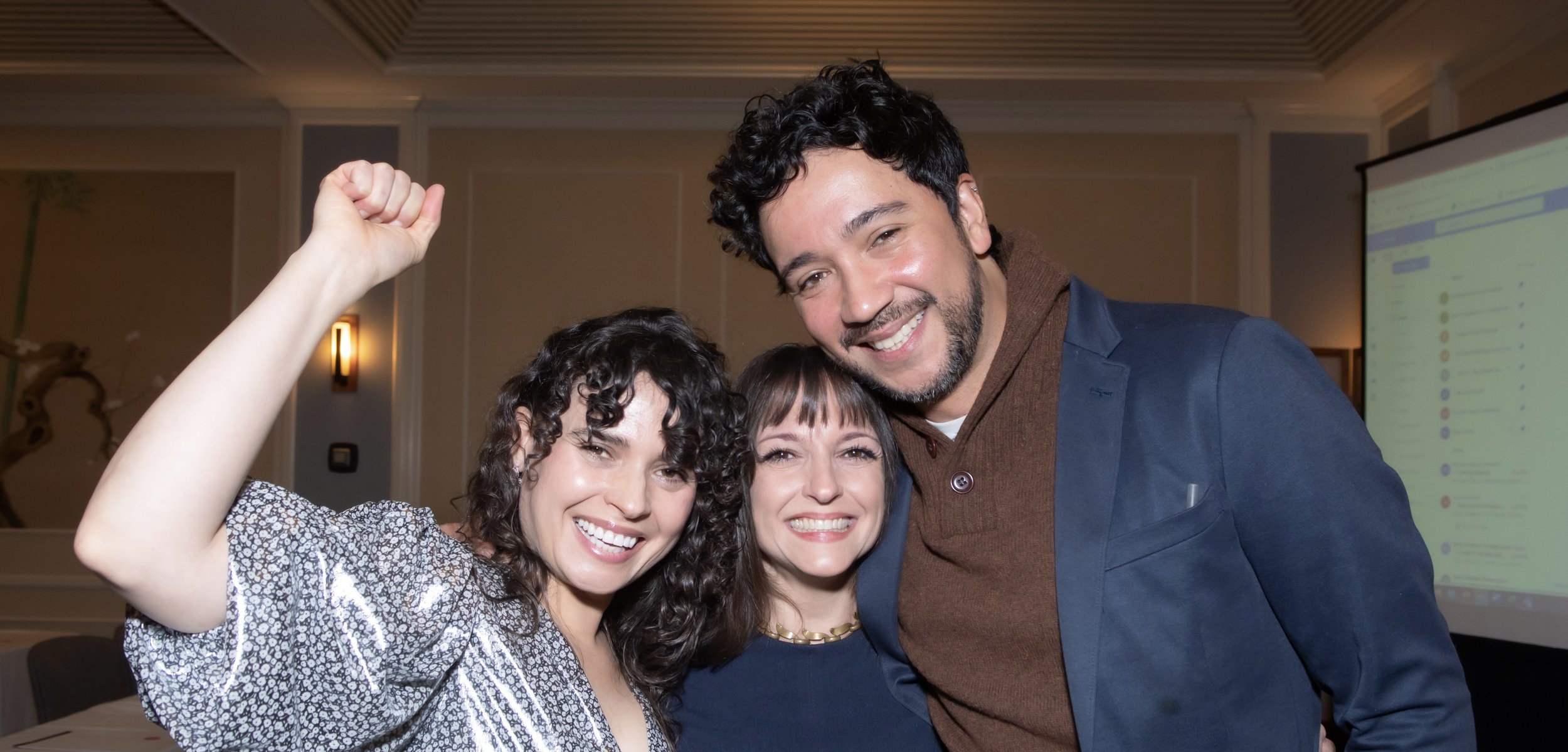
Three Brave Content Moderators Take On Facebook On Behalf Of Thousands In Historic Class Action
Selena, Gabriel, and Erin represented a class of over 14,000 content moderators who were denied protection against severe psychological and other injuries resulting from viewing objectionable postings while working on behalf of Facebook through third-party agencies. The role and plight of content moderators is endemic across the social media landscape. All of us need to monitor and support them.
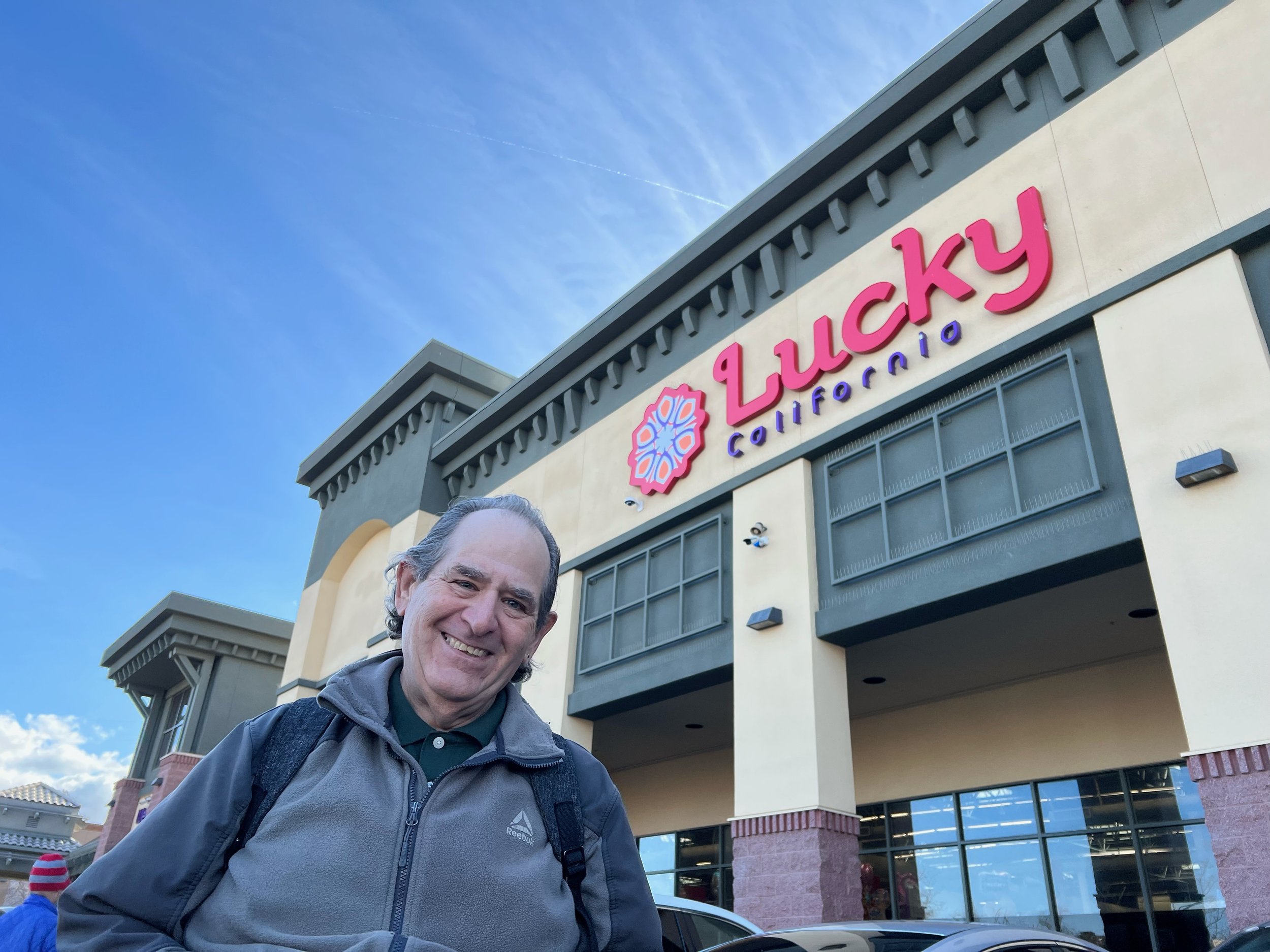
Hunger Relief Heroes Ensure Most Vulnerable Households Receive Critical Food Benefits
Despite overwhelming bipartisan support for Emergency Allotments, the USDA and the Trump Administration were thwarting the intent of the COVID relief passed by Congress. They were playing politics with people’s hunger. That is why I decided to take a stand and together with my co-plaintiff Robin Hall sue the USDA to make Emergency Allotments available for everyone. As the fight to protect the safety net programs like SNAP ramps up, it should give us all hope that the Western Center on Law & Poverty and the Impact Fund are working to make sure that programs stay fair, just and equitable.

Receiving Medical and Mental Healthcare on the Inside
No one expects going to jail to be pleasant. In West Virginia, however, going to jail can be more than just an unpleasant experience, due in part to a major function of jails that many people who have never been to one may not consider: healthcare. Many people who end up in jails, particularly in West Virginia, aren’t only struggling with these types of conditions but may (also) be dealing with serious addiction or mental health issues. People enter jails in need of high quality medical and mental healthcare, provided in a timely and professional manner. What many people have received in West Virginia jails in recent years, however, is anything but that.

Class Action Challenges San Diego's Criminalization of Homelessness
A lot is at stake in this case. Punitive approaches to sheltering in vehicles are reflective of the larger, nationwide policy shift toward criminalizing visible poverty in a harmful, expensive, and futile effort to police our way out of the growing homelessness crisis. When inherently innocent survival conduct, like sheltering, is treated as a punishable offense, the rights and freedoms of all human beings are threatened. It is critical to fight for protection of our freedoms in the courts.

Class Action Brings Justice and Healing to Foster Children in Kansas
I remember talking to children and families early in our work in Kansas and being shocked by the stories they told. How children were regularly dropped off at a new foster home night after night without being offered so much as a warm meal or a shower before being picked up the next morning. They would then spend their day in a case worker’s office with nothing to do. Some children cycled through upwards of ninety placements due to this horrifying practice. This is an experience that we know devastates youth emotionally and psychologically, and interferes with child brain development. It was impossible for me to fathom how we could be doing that to any child.
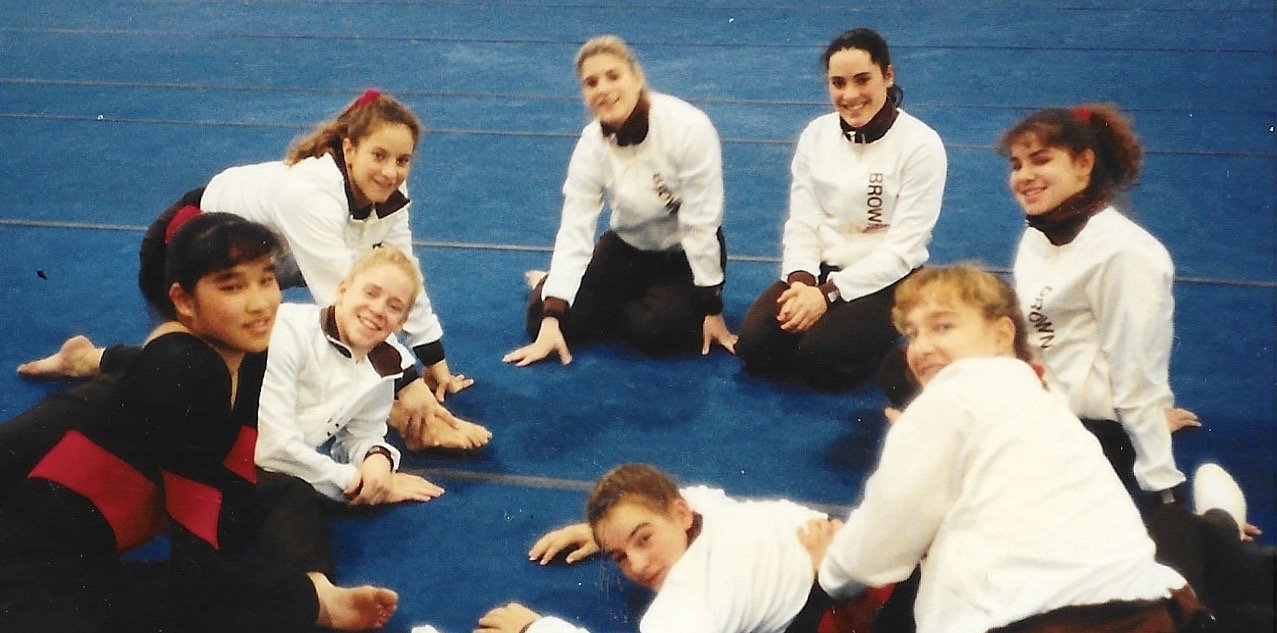
Class Action Hall of Fame, Class of 2022: Title IX Champions for Equality in Women's Sports
As the case worked its way through the legal system, my teammates and I learned more and more about the history of women and sports, Title IX, the promises that had been made yet not fulfilled and the injustices that exist(ed) everywhere. We realized that this case was about much more than just getting our gymnastics team back. We became Title IX warriors.
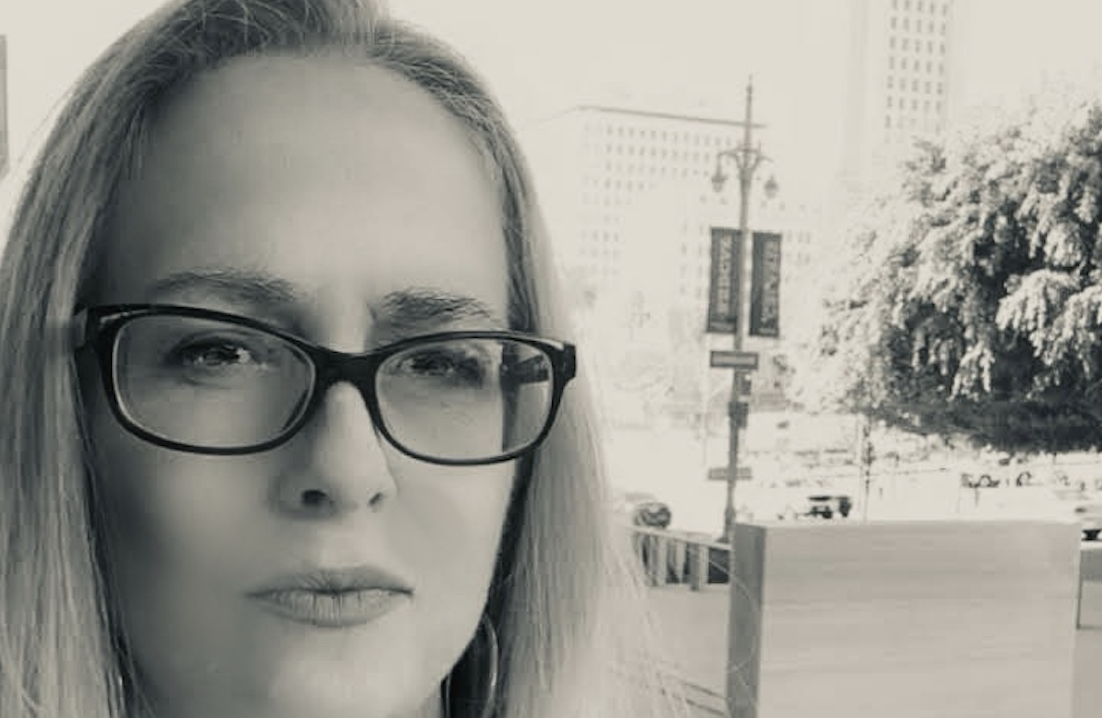
I Wanted Them To Have Justice, To Be Heard And Healed
I thought no one would believe me if I told anyone what happened that day. He was a doctor, I was a 22-year-old student. My real horror that day was guilt. After he assaulted me, over the next 25 years, he assaulted thousands of other women.
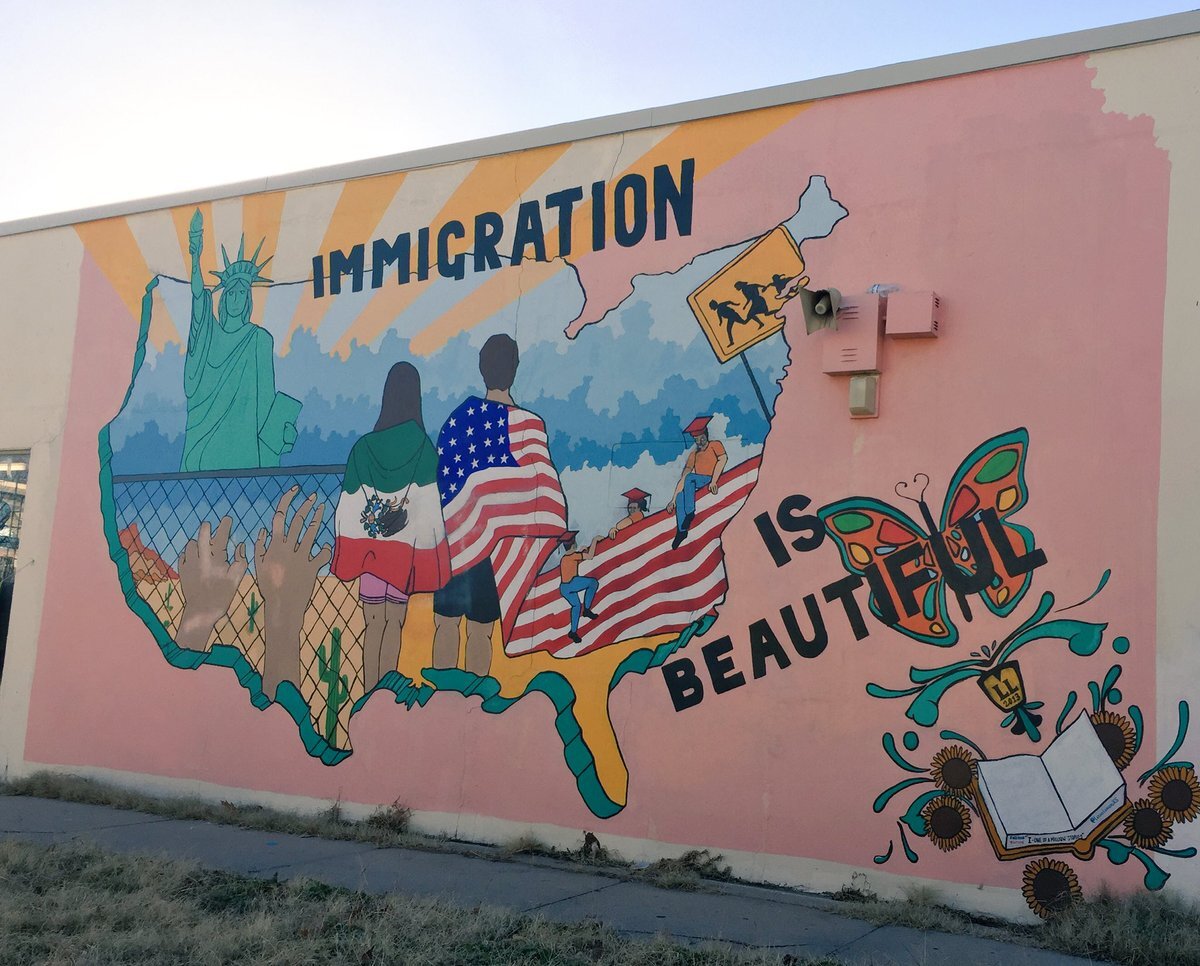
Nationwide Class Action Affirms Immigrants’ Rights to their A-Files
This litigation has yielded an unprecedented victory. On December 17, 2020, Judge Orrick issued an order vindicating immigrants’ right to timely receive their A-Files. Finding an “unmistakable history of failing to make timely determinations on A-File FOIA requests,” the court granted declaratory relief that USCIS, ICE, and DHS have a pattern or practice of violating FOIA’s statutory deadlines. This violation, the court wrote, “undermines the fairness of immigration proceedings, particularly for the vast number of noncitizens who navigate our immigration system without assistance of counsel.” Recognizing the need for enforceable and longstanding relief, the court permanently enjoined USCIS, ICE, and DHS from further violations, and ordered defendants to reduce the backlog of A-File FOIA requests within sixty days and release quarterly compliance reports.

Civil Rights Class Action Challenges Broken Criminal Justice System in Louisiana
Under Louisiana law, confining any person without legal authority to do so is false imprisonment. And the United States Supreme Court has said that, while some extra time to process paperwork may be necessary, it is unreasonable to imprison a person any longer than 48 hours after they are entitled to release. Louisiana’s imprisonment of people for months after they are entitled to release flagrantly violates the laws of Louisiana and the United States.

Stunned by the Wall Street culture of harassment, one brave woman says "no" and becomes a Class Action Hero.
Overnight, I was locked out of my accounts, stripped of my livelihood and my office was relocated to the deep hinterlands of the building where I was isolated from coworkers who no longer acknowledged me, left with only a small box of belongings and my dignity. At that moment I decided I would never, ever let them see me cry. I had two choices, put my tail between my legs and run or stand my ground. I didn’t have anything more to lose; there was only one choice, stand back up.
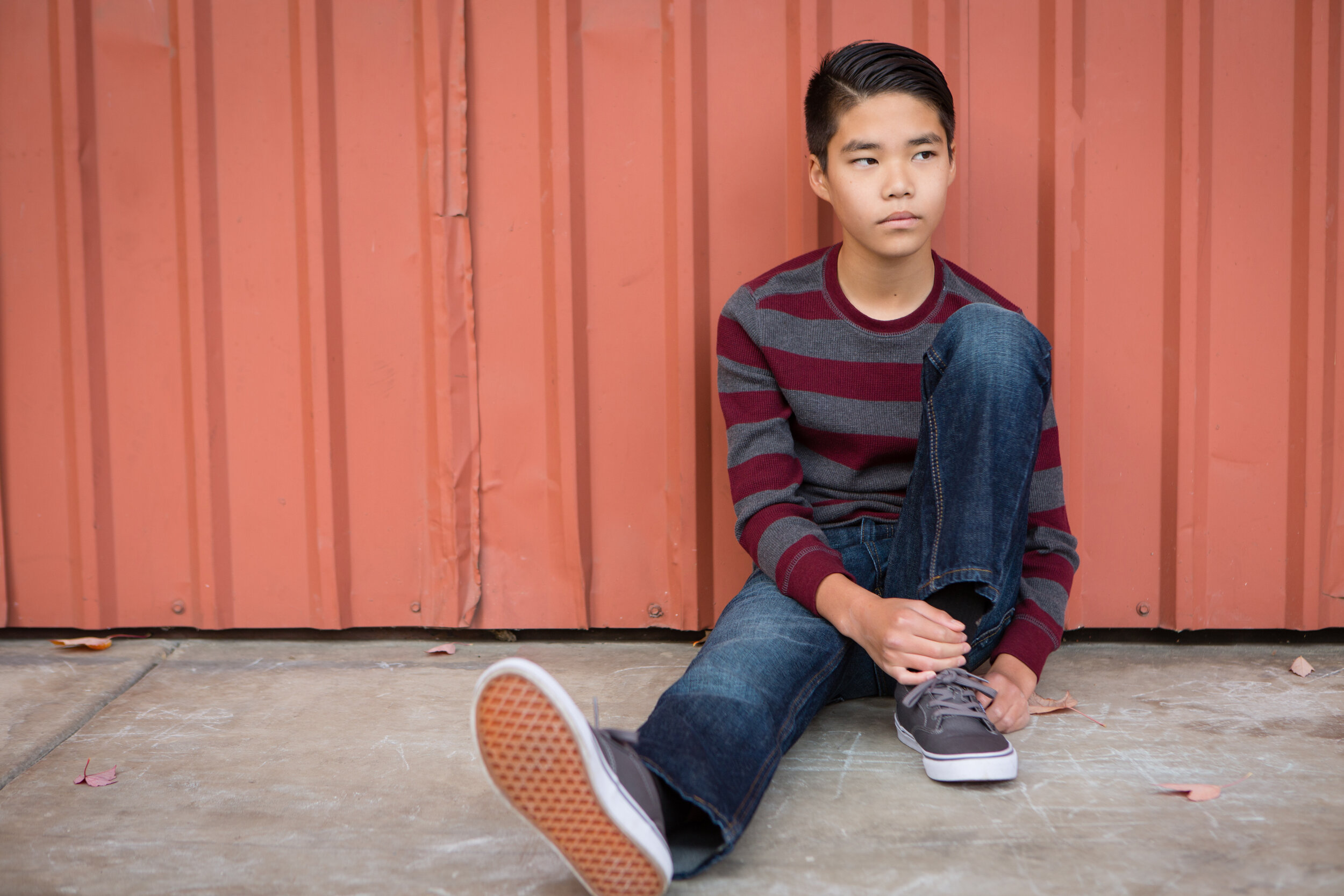
Indiscriminate Use of Psychotropics among Children in Foster Care Is a National Disgrace
Because of the success of our lawsuit, Missouri will now begin implementing reforms to protect these children: medical records will be monitored; doctors and caregivers, with real input from youth, will vet the risks and the benefits of medication before it is administered; and an independent child psychiatrist will be available to provide secondary review of prescriptions for efficacy and safety.
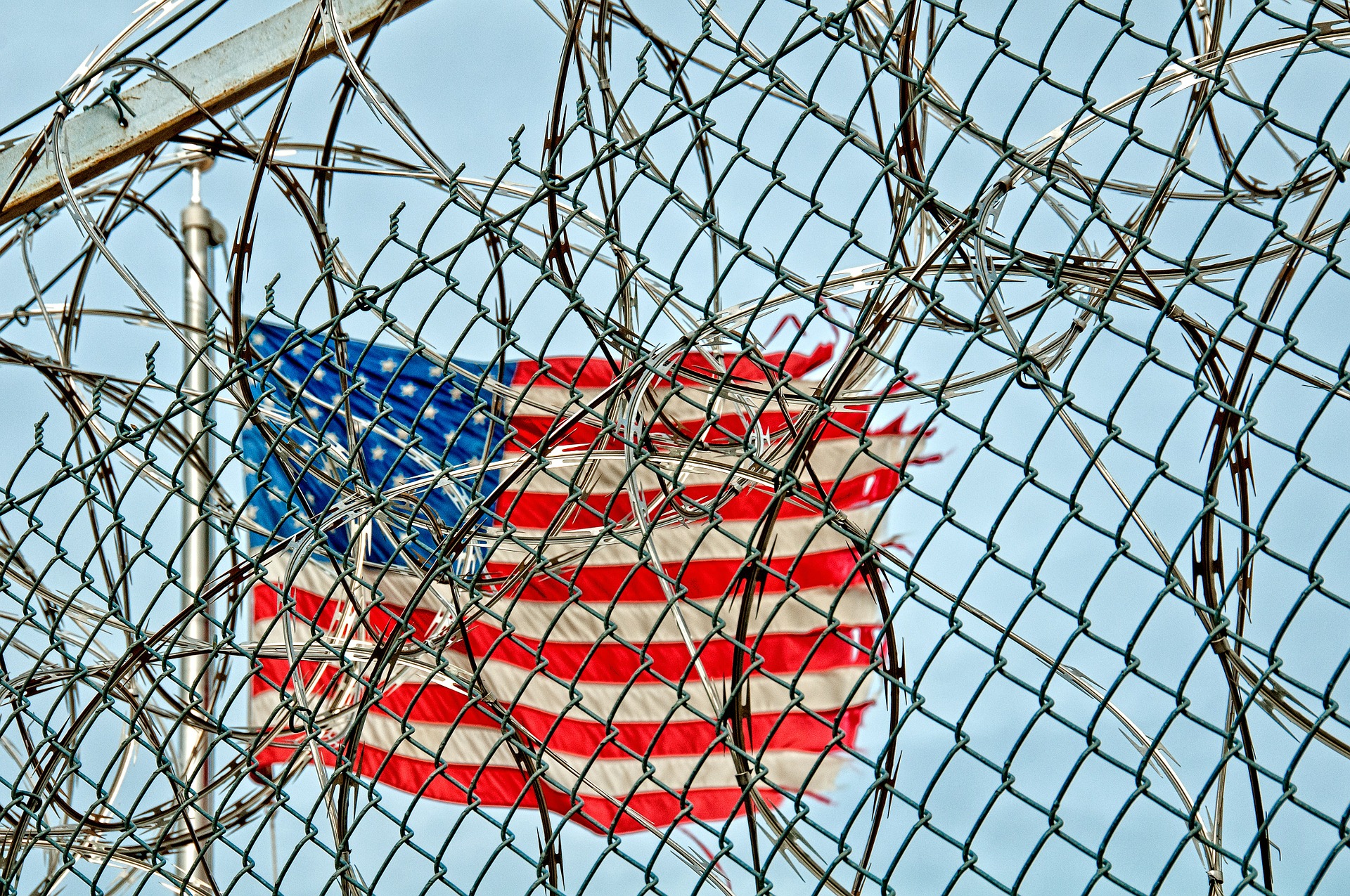
Ohio Voting Rights Case For Pretrial Detainees Erupts Out Of 2018 Midterms
Ohio, like many states, has a system that allows people who experience unforeseen hospitalization or other medical emergencies to request, receive, and cast absentee ballots, even if their emergency took place after the normal absentee ballot request deadline. However, despite the constitutional presumption of innocence, the same provision is not available to voters arrested after the deadline. These voters, have not been convicted of any crime, are similarly unable to reach the polls on Election Day, yet they are denied access to the emergency voting procedure.
